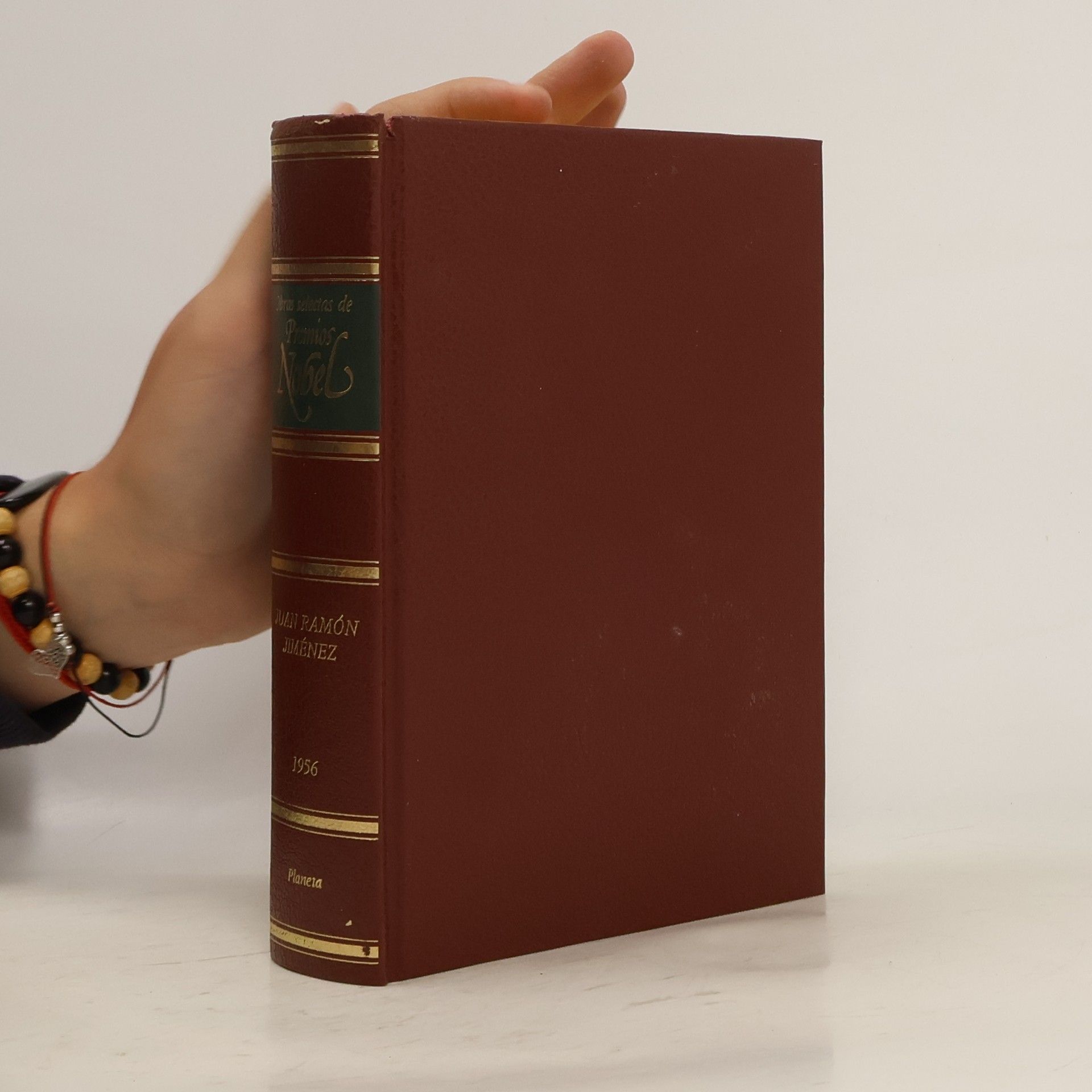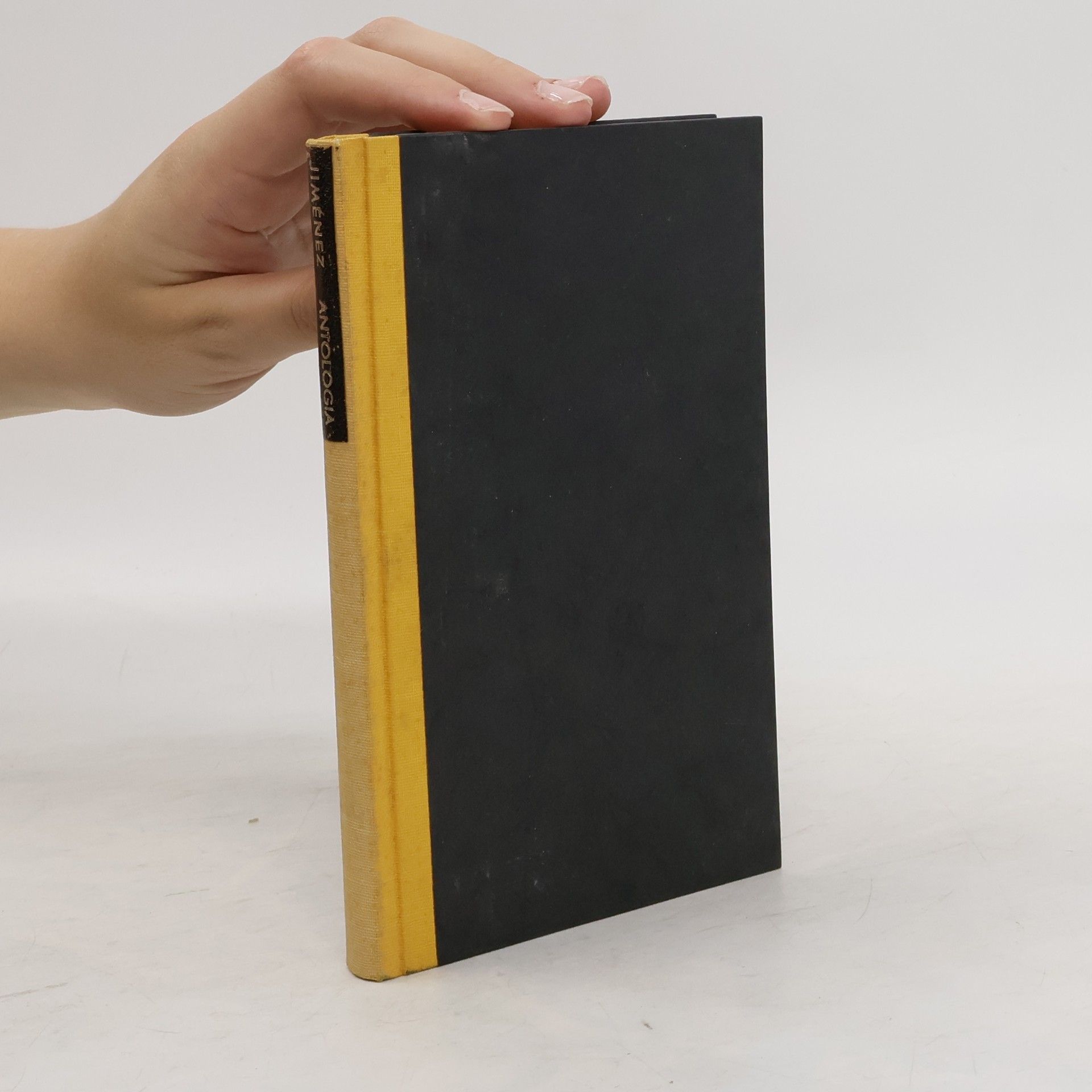“An exquisite book, rich, shimmering, and truly incomparable.” —The New Yorker This lyric portrait of a boy’s companionship with his little donkey, Platero, is the masterpiece of Juan Ramón Jiménez, the Spanish poet awarded the 1956 Nobel Prize for Literature. Poetic, elegiac, it reveals the simple pleasures of life in a in a remote Andalusian village and is a classic work of literature, beloved by adults and children alike.
Juan Ramón Jiménez Livres
Ce poète espagnol a été récompensé par le prix Nobel de littérature pour sa poésie lyrique, qui, en langue espagnole, constitue un exemple de haute spiritualité et de pureté artistique. Son œuvre se caractérise par une profonde sensibilité et une esthétique qui résonne auprès des lecteurs en quête de beauté et de profondeur spirituelle dans le vers. Les poèmes de l'auteur explorent souvent des thèmes liés à la nature, à l'introspection et à la recherche du transcendant dans la vie quotidienne, tout en conservant une remarquable musicalité et imagerie. Son héritage littéraire réside dans sa maîtrise magistrale de la langue et sa capacité à évoquer des émotions puissantes par des mots et des métaphores soigneusement choisis.


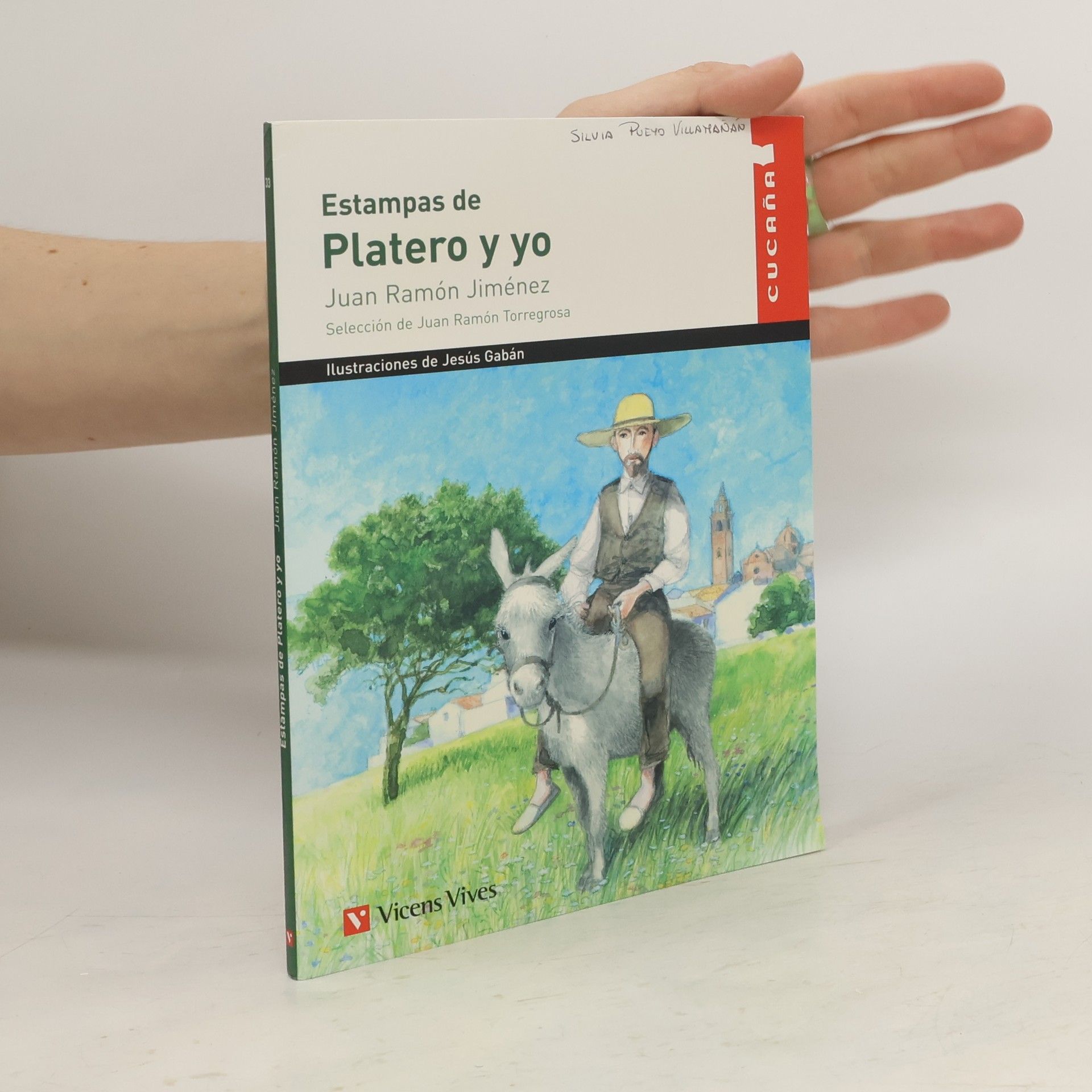

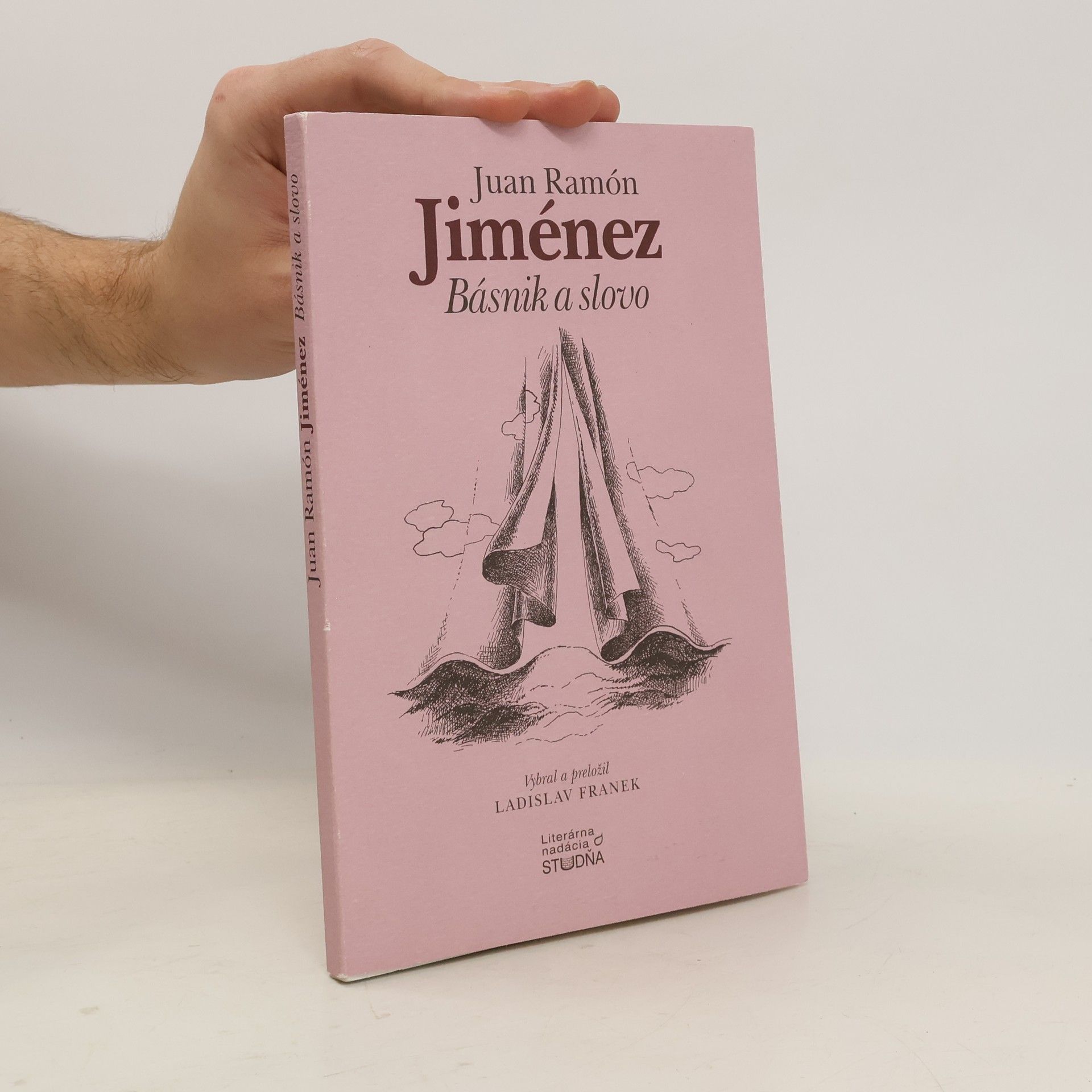
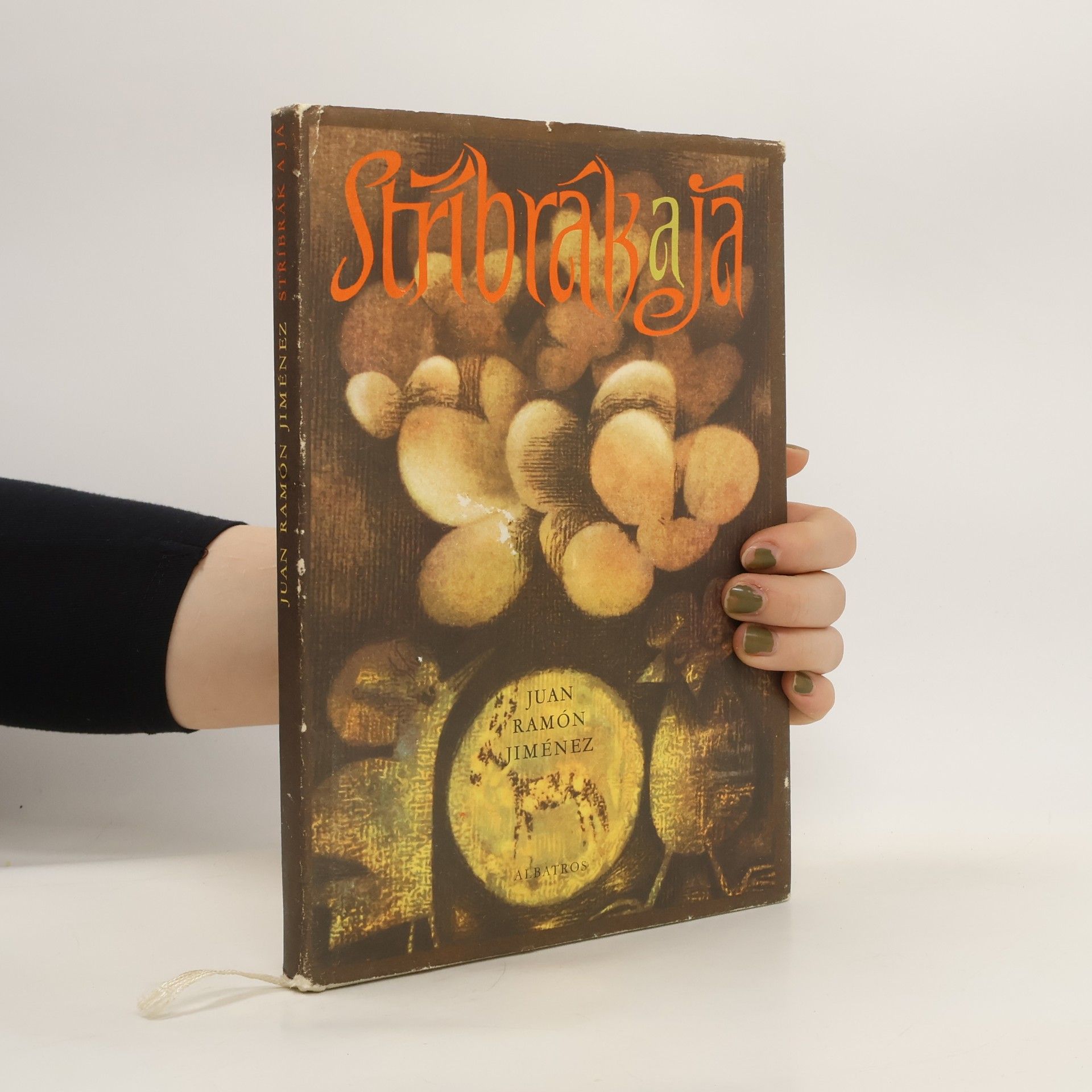
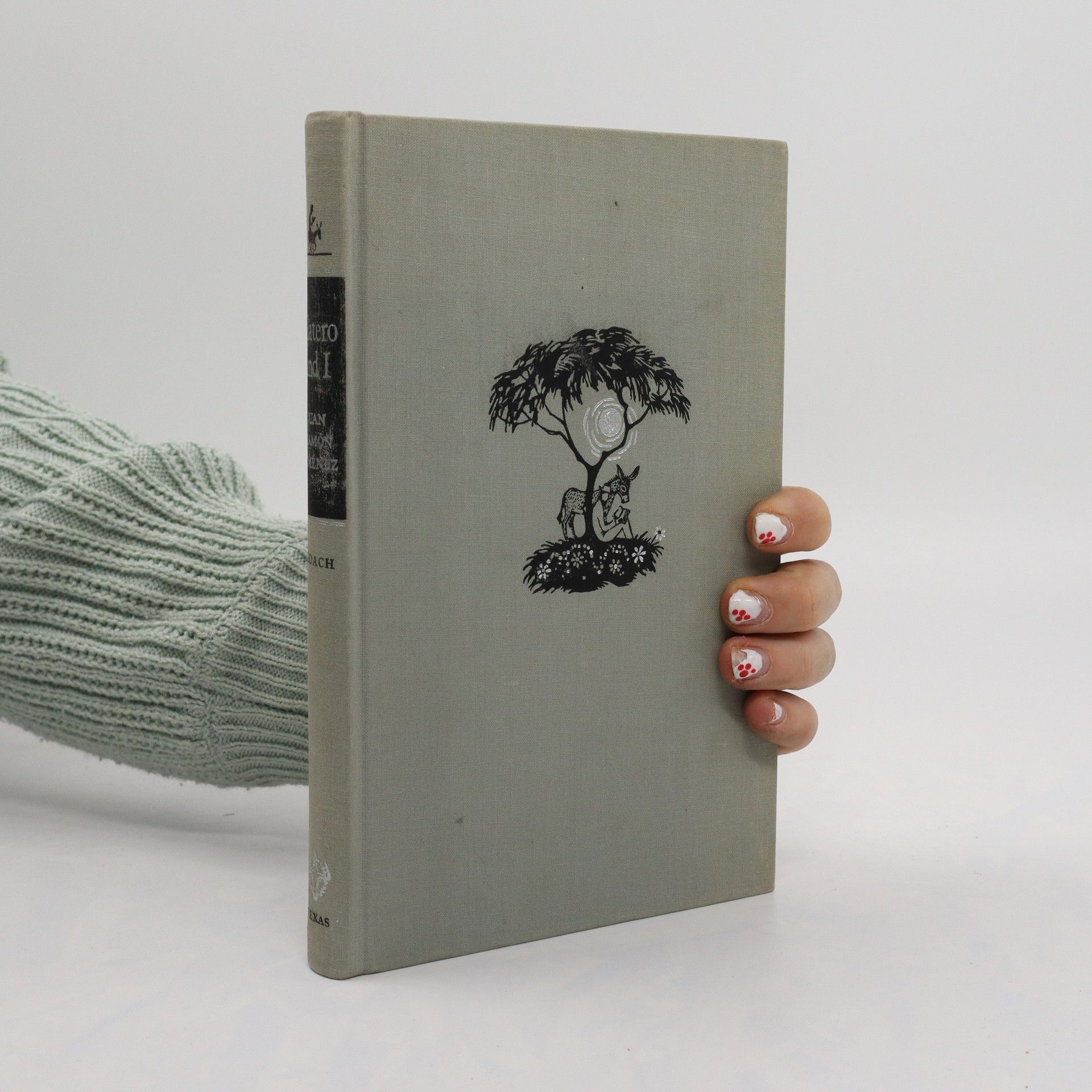
Andaluskou elegii doplňují krásné barevné ilustrace Oty Janečka.
Básnik a slovo
- 112pages
- 4 heures de lecture
Výber z poézie J. R. Jiméneza. Vybral a preložil Ladislav Franek. Poézia J. R. Jiméneza, nositeľa Nobelovej ceny, bola na Slovensku málo známa. Vyniká objavnosťou básnického výrazu pre dosiahnutie krásy a dobra, uplatňuje hudobnosť verša a lyrizmus. Väčšina básní z prekladu je prvým prekladom do slovenčiny.
Herz, stirb oder singe
Gedichte, spanisch und deutsch
»Dichtung heißt für ihn, den genauen Namen der Dinge finden. Dies setzt voraus: Zucht, Maß, Askese, Konzentration. Gedanke und Gefühl werden eins. Es war ein stetes, zähes Ringen um den endgültigen, unverrückbaren Ausdruck.«
Estampas de Platero y yo
- 96pages
- 4 heures de lecture
Presents a picture of life in Andalusia, Spain, as seen through the eyes of a wandering poet and his faithful donkey.
Y para recordar por qué he venido
- 277pages
- 10 heures de lecture
Durante los últimos años de su vida, Juan Ramón Jiménez se ocupó del diseño y la organización de una edición completa y definitiva de su obra, bajo el título Destino, edición que nunca vio la luz. Entre estos textos se encuentran los materiales para unos libros inéditos, como Ideología, Alrededores, Historia de España o Críticos de mi ser.Y para recordar por qué he venido da título a una selección de estos escritos, muchos de ellos inéditos, otros prácticamente inaccesibles hoy en día. En aquellos se revela la faceta crítica de Juan Ramón Jiménez, inseparable de su producción poética.Como recordó Luis Cernuda: "La crítica literaria de Juan Ramón (...) tiene a veces tal justeza que ningún otro crítico de su tiempo le alcanza (...). La crítica de Juan Ramón Jiménez va casi siempre más allá de la figura literaria del personaje, y lo ve y nos lo ofrece como elemento de un conjunto más vasto, en el tiempo y en el espacio, lo cual es en definitiva la misión de la crítica."
Poemas escogidos
- 202pages
- 8 heures de lecture
